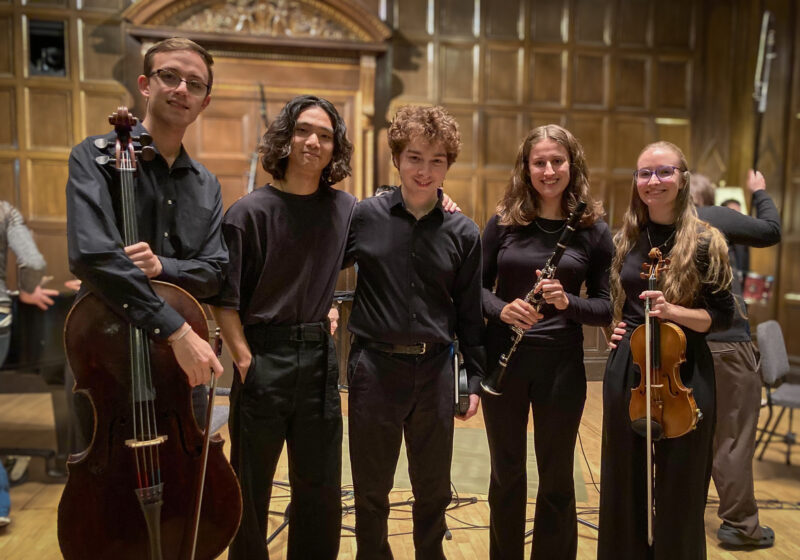In response to the recent concern about threats of biological terrorism, the Strong Medical Center will be one of four medical centers involved in a smallpox vaccine study.
The national study will try to determine if the existing reserves of smallpox vaccinations could be diluted to make more doses available, if necessary. About 200 volunteers will be needed to test a diluted vaccine to determine the levels at which it remains effective.
Volunteers will be used who have never been vaccinated for smallpox. With routine vaccination against smallpox ending in 1972, most UR students would qualify. Volunteers also must be healthy.
UR researchers plan to start the study early next month, after approval by the Institutional Review Board. Results should be available by late December.
Unlike most vaccines, which contain a weakened version of the virus they are inoculating against, the smallpox vaccine contains another virus, namely cowpox. Currently, tens of thousands of live vaccinia virus particles are contained in each dose of the vaccine.
Researchers will dilute the solution using a one-to-ten dilution. Doctors will be able to determine the effectiveness of the vaccine by monitoring a variety of immune responses along with the scab or pustule that will form at the site of the shot.





